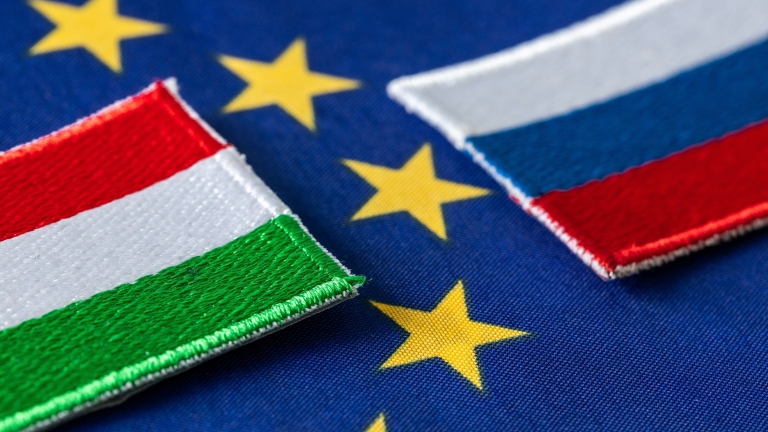An absolute majority of seats in the Chamber of Deputies and the Senate of the Republic were won by the center-right alliance led by Giorgia Meloni's Fratelli d'Italia amid a record-low voter turnout, making Ms. Meloni the most likely candidate to become Italy's first female prime minister. According to Ms. Saltini, the considerable absenteeism from voting was due to fact that the electorate did not see any viable leftist and liberal political players, plus people were fed up with the “independent technocrats” and the old political elite that made part in Mr. Mario Draghi’s National Unity Government that collapsed in July 2022. The expert adds that the key to the success of Fratelli d'Italia was that the party coherently remained in opposition in the past years and it offered solutions to the average Italians' current difficulties. Ms. Saltini concludes that the Italians are by nature more conservative and traditionalist, that is why they support a right-wing coalition if they have the chance to elect their political representatives. Our guest analyst further explains that the summer election campaign was quite unusual, because it happened in the general vacation season. The parties and coalitions were the protagonists of the campaign, with their well-elaborated election programs being in the forefront of the debates. Yet the candidates communicated with extremely simple messages to their electorate interpreting the election as a choice between “good and evil”. This podcast is edited and hosted by Mr. Bálint L. TÓTH, researching lecturer of the Mathias Corvinus Collegium’s Center for Political Science.









